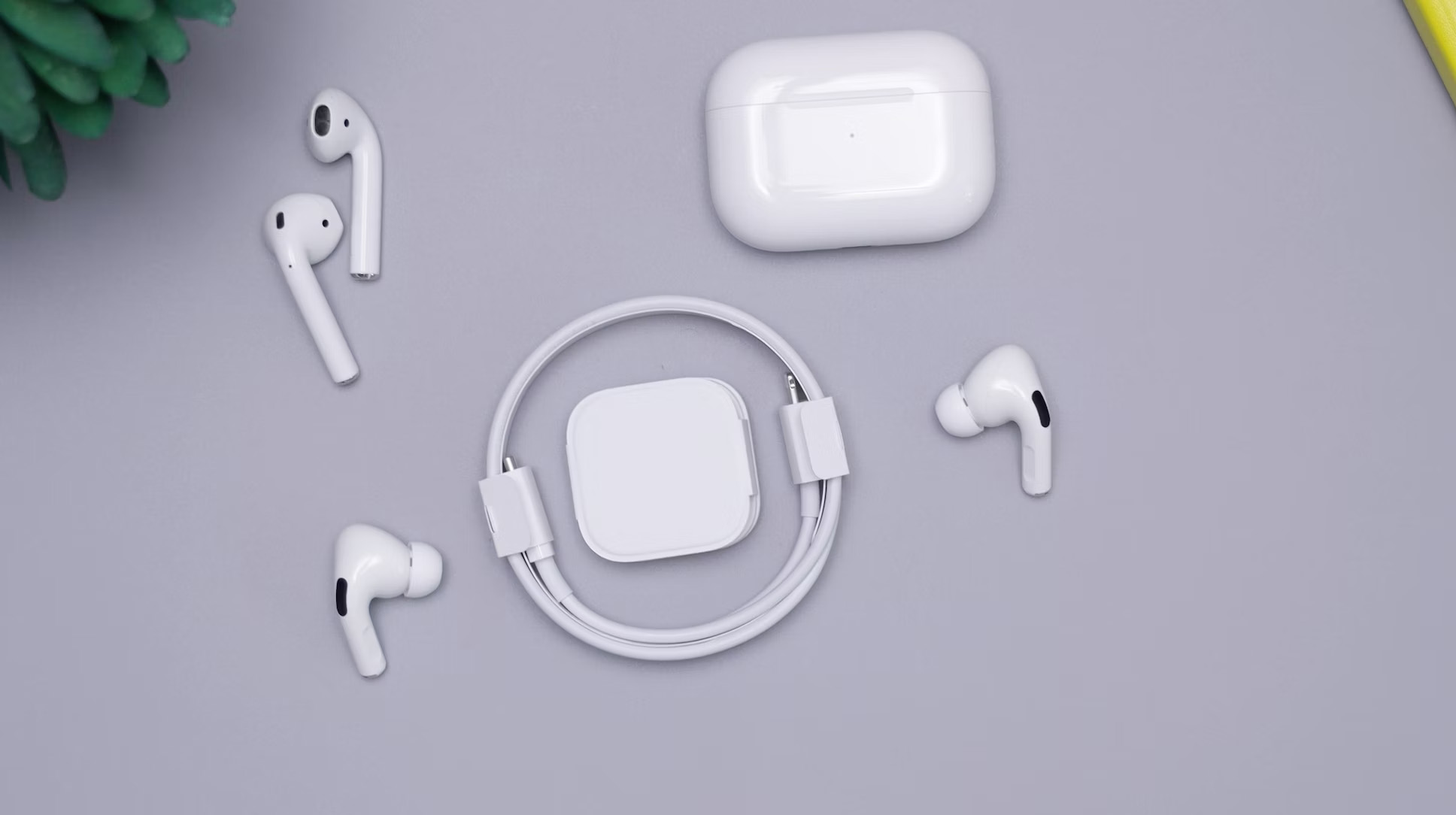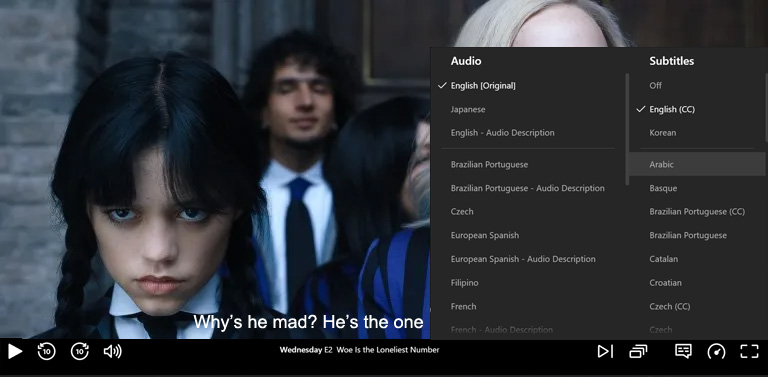Effective Strategies for Improving ESL Listening Skills
Michael Toole | August 2023
Improving second language listening skills requires an enjoyable but systematic approach. In this comprehensive guide, we present a collection of proven
strategies that will help you improve your ESL listening proficiency. Whether you're a student, professional, or enthusiast, these practical techniques will help
you become a more adept listener of the English language.
1. Set Goals: Obvious but important. Set specific, achievable goals for your listening practice. For example, aim to listen to a certain number of minutes
per day or understand a specific percentage of content. Make your goals realistic but not lazy.
2. Listen Regularly: Consistent practice is crucial. Listen to a variety of English content such as movies, TV shows, news broadcasts, podcasts, and music.
The more you expose yourself to the language, the better your listening skills will become. And remember,
30 minutes every day is far more effective than three
hours once per week.
(see: Study Smarter not Harder from learningcenter.unc.edu. )

3. Start with Easy Material: Begin with content that matches your current level. Gradually move on to more challenging material as your skills improve.
Consider the L+1 (level plus one) rule for learning a language. You always want to be listening to material that is one level above your current level so that you
feel challenged but not frustrated.

All Listen in English lessons are leveled. The
Easy TV section includes material specifically designed for ESL and EFL learners. The Easy Friends lessons
are a bridge from the
Easy TV to the
TV and Movies lessons.
4. Repeat and Rephrase: First, don’t be afraid to replay sections that are difficult to understand. Then, try to repeat what you hear exactly as the speaker
said it. Then, rephrase the same sentence or idea in your own words. This helps reinforce your understanding of structures and vocabulary.

The
Listen & Repeat activities on Listen in English focus on this skill.
5. Use Transcripts or Subtitles:
Evidence shows that listening and reading at the same time has a powerful effect on listening improvement. Therefore, it is a good idea
to listen to a portion without the transcript, and then listen again while reading along. This can help learners connect spoken words to their written forms and
improve comprehension. Check out this
short article from digitalbook.io
for some tips on this topic.

Every Listen in English lesson includes a transcript. Try listening a few times without reading first. However, we recommend that you listen and read the
transcript at the same time at least once so that you hear every word and clearly connect the sound to the word in your mind.

6. Build your Vocabulary: Pay attention to new words and phrases that you encounter while listening. It is a good idea to make a list of new words and practice using
these words in sentences. And try to connect the words to the source, video, or context where you first encountered it. This will help you remember its meaning and use.

It is useful to preview the difficult vocabulary before you watch a video on Listen in English. In this way, you can be sure to recognize the difficult
expressions when you hear them and get a better sense of their natural use and context.
7. Train your Ear:
Be aware that spoken and written English are quite different. This is especially important for pronunciation. Learners who expect to
hear “going to”, “have to” and “what do you” instead of "gonna", "hafta" and "whatcha" will have difficulty understanding native speakers. Learn these natural pronunciation
patterns so that you can identify them when you hear them. It is not important to use these patterns when you are speaking. It is VERY important to recognize
these patterns when you listening.

The
Reductions lessons in
Language Skills of Listen in English focus on this
skill. For example,
this lesson targets "I don't know"
(I dunno) and "What do you"
(Whaddya).
8. Use both Intensive and Extensive Learning Models:
The value of doing both intensive and extensive reading is well-known
(see:
Intensive vs Extensive Reading for more on this topic.) The same principles can be applied to listening. Intensive listening should be short and
interesting. Focus on meaning and accuracy. Build your vocabulary. Recognize sentence patterns and structures. Extensive listening should be longer but level-appropriate.
Focus on immersing yourself in the story and not focusing so much on specific vocabulary or difficult language.

The Listen in English lessons are designed for intensive listening. They are leveled, and they tend to be quite short (2~5 mins). You can listen and then use the activities to study the vocabulary and
language patterns.
For extensive listening, try watching a full episode of your favorite TV program on Netflix or
Disney with the subtitles on. A few tips: comedies and sitcoms tend to be easier to understand than serious dramas. You could try watching the same episode three
times instead of three episodes once. In that way, you can build your understanding with each viewing.
9. Participate in Group Discussions: Being part of a discussion group or signing up for a language exchange can be beneficial. These interactions expose you to different speaking styles and offer
opportunities to practice listening and speaking simultaneously. It is always helpful to have a focus, but any active communication is useful.

Taking a class is useful, but even just organizing a study group with friends will help motivate you and give you conversational practice. You can use the Listen in English lessons
to structure your study groups. Before you meet, try watching the video, reviewing the vocabulary, doing the language activities (Listen & Repeat, Grammar, Summary).
When you get together, summarize the video and use the Discussion section to kick off your meeting.

Remember that improving listening skills takes time and consistent effort. Moreover, it is difficult to notice or measure improvement. However, be patient with
yourself and celebrate your progress along the way.
 English
English Português
Português Español
Español 한국어
한국어

